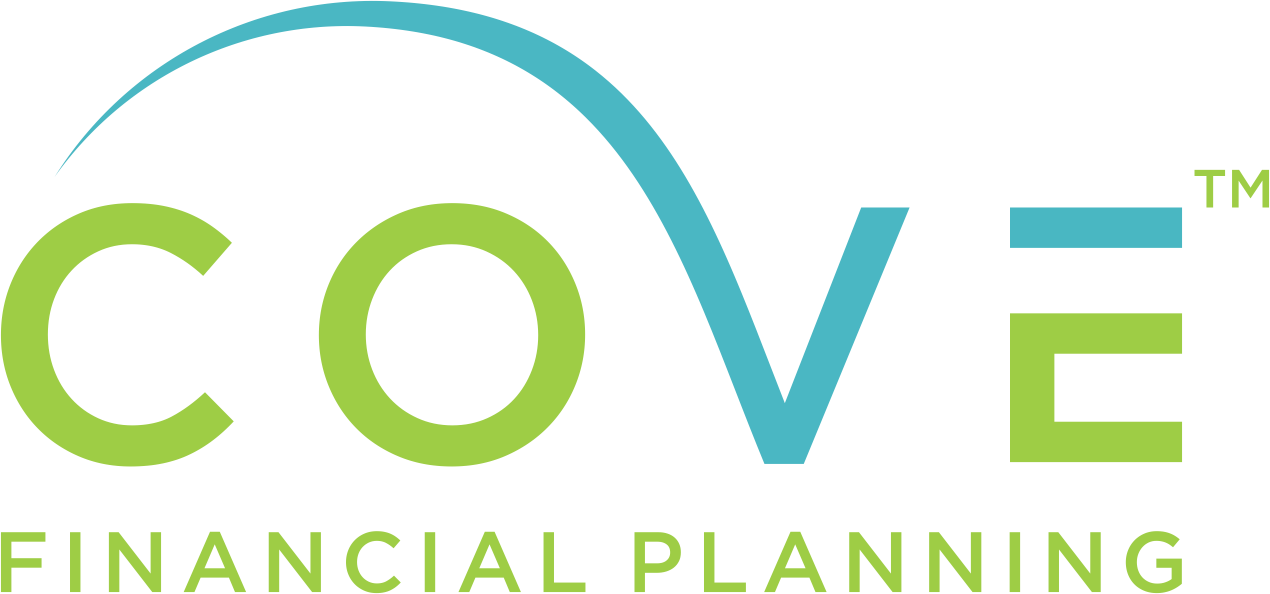5 Ways to Save on Taxes Before the New Year
It’s December already! There’s just one month left in the year to make moves to reduce your taxes.
This video explains 5 ways to lower your taxes before the end of the year, including:
1. Double check retirement contributions
Make sure you are saving as much as possible into your 401(k)s, 403(b)s, Health Savings Account (HSAs), and IRAs.
You have until December 31, 2022 to make 401(k), HSA and other employer-sponsored retirement plan contributions. Meanwhile, you can make 2022 contributions into IRAs up until you file your 2022 taxes (through April of 2023).
Making contributions into retirement accounts can provide a dollar-for-dollar tax deduction during the year you save, thereby lowering your tax bill.
The IRS has increased the maximum 401(k) and IRA savings limits for 2023. You can also learn about additional retirement-savings strategies.
2. Harvest losses
Tax-loss harvesting involves selling securities at a loss in order to offset ordinary income or future capital gains. This is a hugely effective strategy in a down market like the one we’re experiencing this year.
Check out this article on how to harvest losses in your taxable portfolio if you want to learn the ins and outs of harvesting losses.
3. Check tax withholdings and estimated payments
Like with most things in this inflationary environment, the IRS has increased the penalty for tax underpayment. If you’ve had a change in income this year, had a baby or earned income outside of your traditional salaried employment, you might consider calculating your tax-payments for this year.
The IRS offers a tax-withholding estimator tool through which you can calculate how much in over or underpayment you might make for this year. If your numbers are way off, you might consider adjusting your tax withholdings or quarterly payments.
Salaried employees can adjust withholdings until December 31, while the estimated quarterly tax payment is due on January 17 for the final quarter of the year.
4. Roth conversions
Roth conversions involve transferring funds from a pre-tax (Traditional) 401(k) or IRA into an after-tax (Roth) IRA. You must pay taxes on the converted amount during the year in which you make the transfer.
The benefit of Roth conversions is that the amount you convert can grow tax-free (and be distributed tax-free) until you need to withdraw the funds, likely during your retirement.
Furthermore, Required Minimum Distributions (RMDs) are not assessed in Roth IRAs. By comparison, the IRS forces you to begin taking withdrawals from your 401(k) and other employer-sponsored retirement plans beginning at age 72, whether or not you actually need the money.
5. Bundle itemized deductions
Many of us are taking the high standard deduction when we file our taxes. If you add up your itemized deductions and learn that this amount is close to the standard deduction ($25,900 for joint filers / $12,950 for single filers in 2022), then you might be able to lower your tax bill by bundling itemized deductions every few years.
This effectively means taking the standard deduction in one specific year, and in another specific year, take as many itemized deductions as you can through mortgage interest, charitable giving, business write-offs, etc.
If, for example, you plan to donate $10,000 per year to your favorite charity, you might instead donate $20,000 this year, $0 the next year, and $20,000 again in the following year, and so on.
This strategy can help you save taxes on itemized deductions every few years while also taking advantage of the currently high standard deduction in other years.
Do you want to learn about more ways to save on taxes before the new year? Reach out to me at Ben@coveplanning.com or schedule a free consultation call.
Sign up for Cove’s Build Your Wealth Newsletter to stay informed with the latest personal finance insights!
Ben Smith is a fee-only financial advisor and CERTIFIED FINANCIAL PLANNER™ (CFP®) Professional with offices in Milwaukee, WI, Evanston, IL and Minneapolis, MN, serving clients virtually across the country. Cove Financial Planning provides comprehensive financial planning and investment management services to individuals and families, regardless of location, with a focus on Socially Responsible Investing (SRI).
Ben acts as a fiduciary for his clients. He does not sell financial products or take commissions. Simply put, he sits on your side of the table and always works in your best interest. Learn more how we can help you Do Well While Doing Good!
Disclaimer: This article is provided for general information and illustration purposes only. Nothing contained in the material constitutes tax advice, a recommendation for purchase or sale of any security, or investment advisory services. I encourage you to consult a financial planner, accountant, and/or legal counsel for advice specific to your situation. Reproduction of this material is prohibited without written permission from Ben Smith, and all rights are reserved. Read the full Disclaimer.

